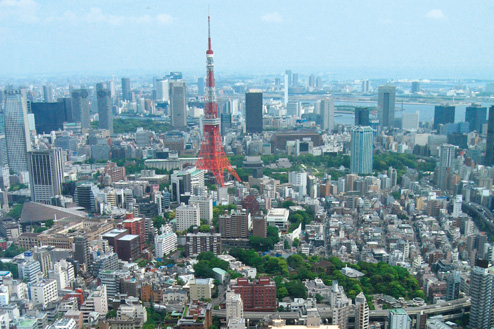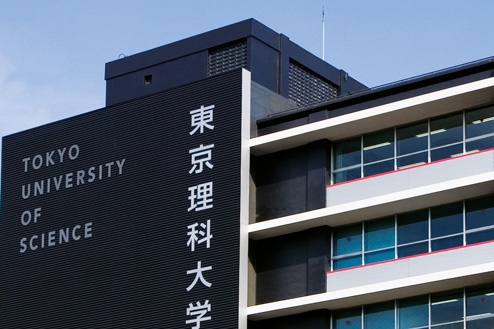General Medical Care
Things are done differently in Japan, so expect to hit a few roadblocks on your path to good health. These days more doctors are studying abroad and bringing a more global approach to their practice, but tradition still reigns, especially in the public sector, and you’ll find there are a number of rules and restrictions that make for some inflexible treatment.
Due to the better standard of care and the higher frequency of medical professionals who speak English, most foreigners go private here. Foreign clinics have regular clientele, and having a ‘family doctor’ is important for keeping your health record all in one place. If you have a child, these clinics can also follow the immunisation schedule of your home country, making the transition smooth between Japan and abroad. If you ask around, you’ll find that a lot of people visit the same clinics and they will be able to point you in the right direction of who they think is best.
Maternity care and cosmetic surgery are viewed as extras and are not covered by the National Health Insurance (NHI) scheme, but they may be covered by private plans. NHI covers some dental care but orthodontics is not included, and once again, what is and isn’t covered varies among private insurance providers. Some people have NHI but since most foreign clinics don’t accept it they also have their own private insurance (see Health Insurance opposite).
The standard of living is high in Japan and you’ll find there are no pressing health risks different to those you would find in any other developed nation. However working long hours is typical here, which can take its toll and may result in stress-related problems.
Due to the better standard of care and the higher frequency of medical professionals who speak English, most foreigners go private here. Foreign clinics have regular clientele, and having a ‘family doctor’ is important for keeping your health record all in one place. If you have a child, these clinics can also follow the immunisation schedule of your home country, making the transition smooth between Japan and abroad. If you ask around, you’ll find that a lot of people visit the same clinics and they will be able to point you in the right direction of who they think is best.
Maternity care and cosmetic surgery are viewed as extras and are not covered by the National Health Insurance (NHI) scheme, but they may be covered by private plans. NHI covers some dental care but orthodontics is not included, and once again, what is and isn’t covered varies among private insurance providers. Some people have NHI but since most foreign clinics don’t accept it they also have their own private insurance (see Health Insurance opposite).
The standard of living is high in Japan and you’ll find there are no pressing health risks different to those you would find in any other developed nation. However working long hours is typical here, which can take its toll and may result in stress-related problems.













